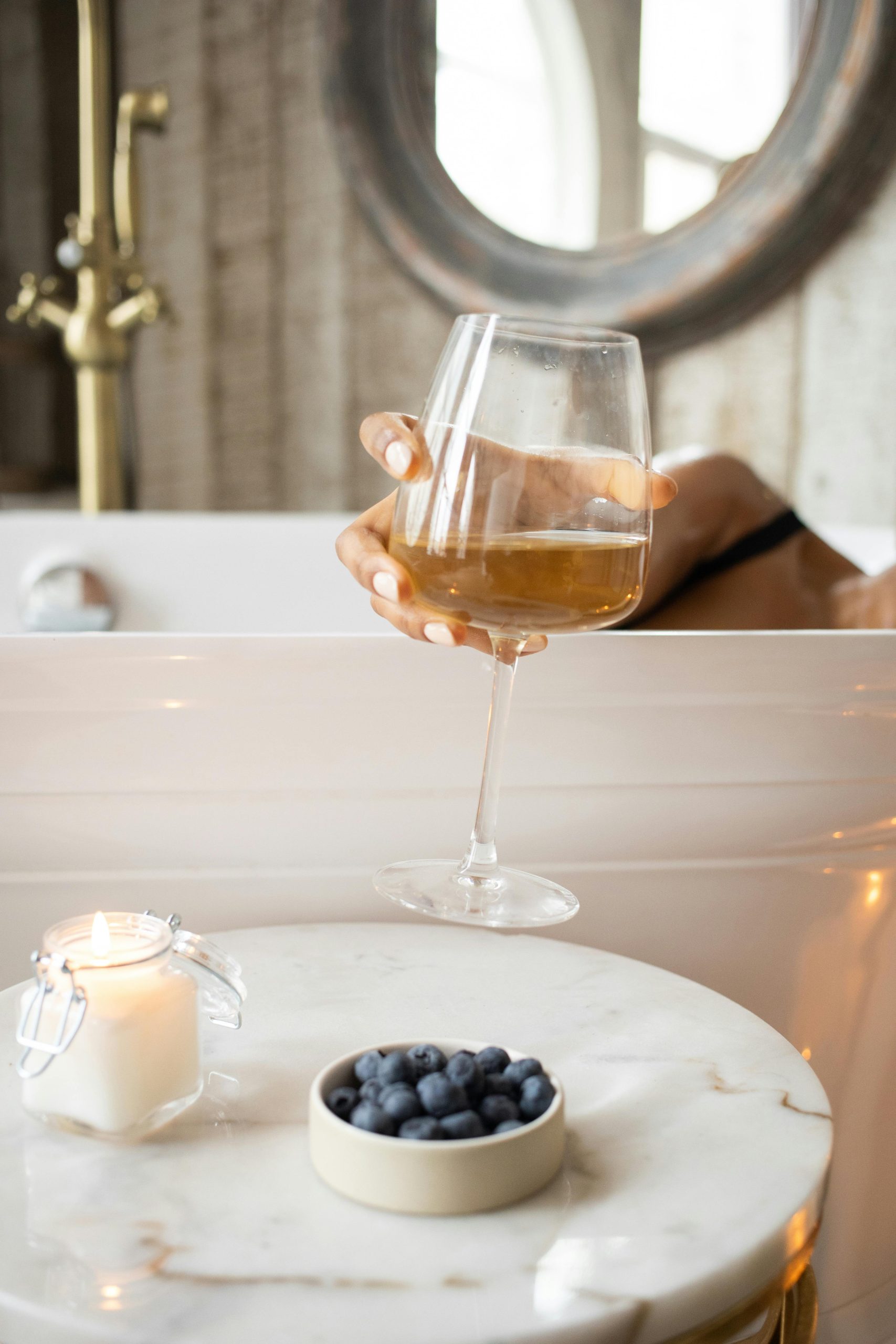Your cart is currently empty!

Steven Coulson
Steven has been drinking beers, wines and spirits for decades and has a propensity to go about them at length after a few drinks.
Latest Posts
- My wife found out our favorite Gin for martinis was discontinued. I think we are good for a while…

- Oregon Road Trip: Freeland Spirits Garden Botanicals Gin

- Botanist with Trader Joe’s Lemon and Elderflower Soda

- I’m one of the worlds leading buyers of craft gin in the world and a international spirit judge AMA

- I’m blown away…. By how let down I am by this Gin.

Categories
Tags
Social Links

The Psychoactive Potential of Hops: A Unique Perspective
As a beer enthusiast, I’ve recently delved into the fascinating interplay between hops and the drinking experience, specifically regarding their psychoactive qualities. I shared my thoughts on a forum a while back about the distinctive way high-IBU (International Bitterness Units) India Pale Ales (IPAs) affect me, in contrast to their more moderately hopped counterparts. The feedback was a mixed bag, with opinions ranging from agreement to suggestions that the effects I feel may be primarily due to higher alcohol content.
To further investigate this theory, I’ve been experimenting with different styles of beer. I noticed that “cold” IPAs—those with lower hopping levels yet comparable alcohol by volume (ABV) to traditional West Coast IPAs—do not produce the same euphoric sensations for me. Similarly, while Imperial IPAs pack a punch with their high ABV, they feature less hop character than I’d expect for a pleasurable experience. My ultimate preference remains a well-crafted West Coast IPA with a lower ABV, which consistently delivers satisfaction.
What intrigues me is the nature of the effects I experience when consuming hop-forward beers. The sensation feels notably different from the typical alcohol buzz; it’s more cerebral and invigorating, sparking curiosity about whether hops might possess psychoactive properties under certain conditions.
Could it be that the fermentation process enhances the bioavailability of these compounds? Perhaps there’s a synergistic effect occurring between the hops and alcohol, or maybe the alcohol helps certain compounds in hops cross the blood-brain barrier. These are just musings at this point, but they open the door to potential exploration into the chemistry of hops.
It’s also essential to clarify that my experiences are not indicative of hops sensitivity—there are no adverse symptoms like hives or itching accompanying my enjoyment, only pure euphoria.
The longevity and universal acceptance of hops in the brewing world also pose an intriguing question. Historically, beer did not always contain hops, but once their benefits were discovered, they quickly became a staple ingredient. This widespread agreement across cultures suggests there must be a compelling reason for hops’ integrative role in beer production.
As I continue to explore the unique effects of hops, I’m excited about where this inquiry may lead. There’s a whole world of flavor, chemistry, and experience waiting to be uncovered in that frothy glass. If you too have wondered about the psychoactive effects of hops or want to share your experiences, I’d love to
